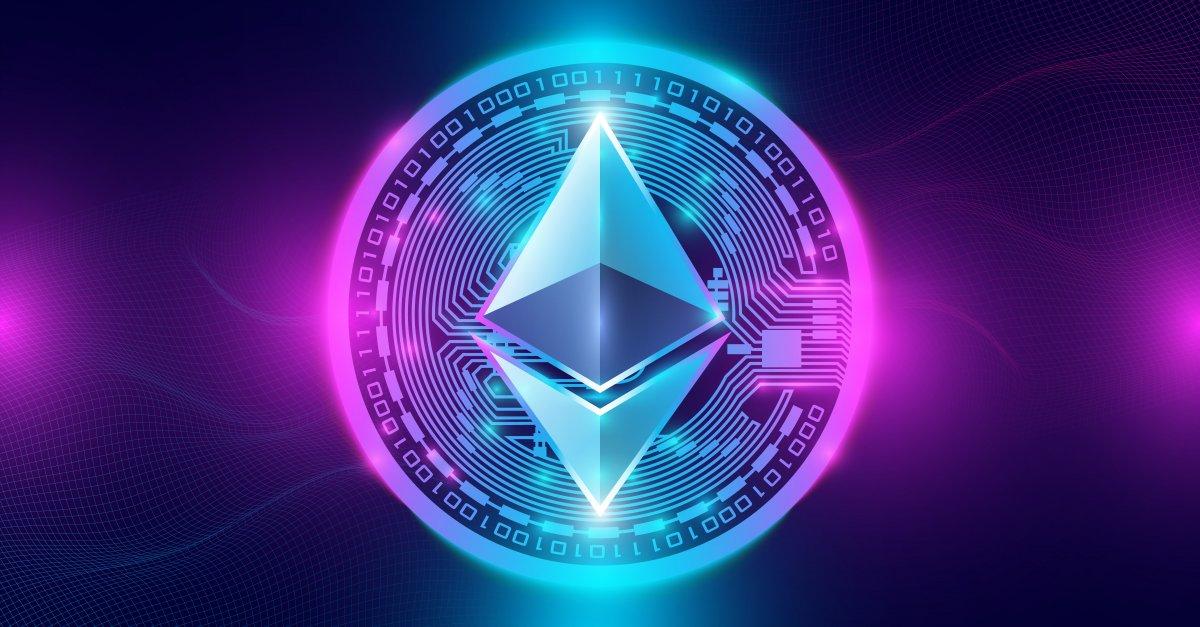As a crypto investor, you should know that some days and times are better than others to make transactions on the Ethereum network.
When are Ethereum transaction fees at their lowest? As a crypto investor, you should know that some days and hours are better than others to make transactions on the Ethereum network.
What are the best times to buy, exchange and make transactions on Ethereum, and how to ensure that you benefit from the lowest possible gas costs? In this guide, we explain everything you need to know to make better trading decisions on Ethereum and its asset ecosystem.
What do Ethereum transaction fees mean?
Ethereum transaction fees (also called “gas costs”) represent the cost necessary for the network to be operational and carry out transactions. All ETH transactions have a fee, which must be paid in “gas”, i.e. a small amount of ETH (0.4 ETH to USD).
Gas costs are variable. Minors set them according to current supply and demand. Indeed, the cost of Ethereum gas depends on several factors, including:
- Current demand for gas;
- The demand for computing power for the processing of smart contracts;
- The total number of transactions;
- The size of the smart contract you want to execute.
Cryptocurrency investors can then ask themselves the following question: When are Ethereum transaction fees at their lowest? This, therefore, amounts to wanting to know the most opportune times as well as the means to benefit from cheaper gas for transactions on the network.
On the Ethereum network, transactions may fail if the amount of gas is too small. Indeed, too low a gas does not encourage minors to accept and add certain transactions to Ethereum’s register.
Concretely, the amount of gas is often measured in gwei, which is the name of ETH.
- First of all, a gigawei (gwei) is equal to 1,000,000 of wei.
- The wei is the smallest unit in Ether.
- One wei is equivalent to 10-9 ETH (0.000000001 ETH).
- Therefore, 1 Ether is worth 1 billion gwei (0.1 ETH to USD).
Now that you understand how the Ethereum network works and what fees you have to pay to execute smart contracts, let’s find out what are the main reasons for the increase in transaction fees.
The causes of rising gas costs
Gas charges are required to process transactions on the Ethereum network. However, during peak activity, these fees may skyrocket and transactions may fail. In what cases can this happen and what are the causes?
DeFi (Decentralized Finance)
Smart contracts have allowed developers to create decentralized applications (dApps). That said, the many applications built on the blockchain quickly cluttered the network, thus increasing transaction costs.
Indeed, ETH gas prices multiplied by 20 in 2020, and DeFi has a lot to do with it.
Certainly, Ethereum is a very innovative network. However, it still uses a consensus algorithm based on proof of work (PoW). Unfortunately, this validation mechanism is restrictive because it does not allow network scaling. On average, Ethereum can make 15 transactions per second. The price of gas increases with the flow rate of the network.
Ethereum transaction fees in the future
With the Ethereum 2.0 update, gas costs are expected to fall significantly. Investors can then expect improvements that will contribute to wider adoption of the network.

